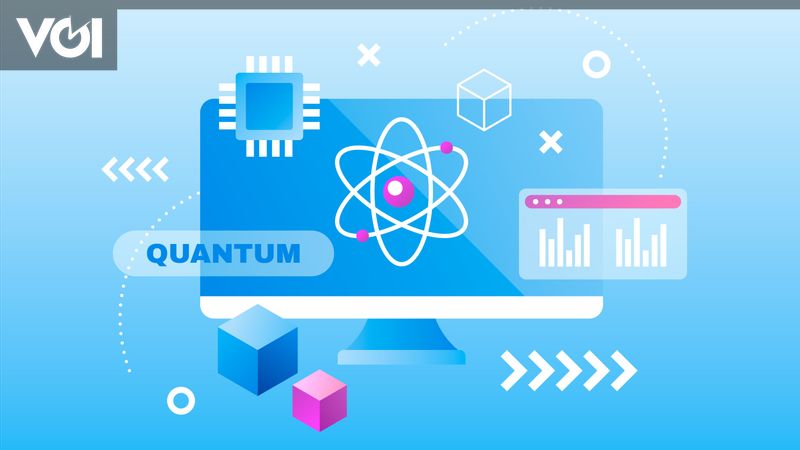JAKARTA – The Asia Pacific (APAC) region is still considered a fertile ground for revolutionary technology, including artificial intelligence and now entering the era of quantum computing.
Several companies also mentioned that countries such as China, Japan, India, Australia, South Korea, Singapore, and Taiwan are recognized as global leaders in this field.
According to Kaspersky, the quantum computing market in APAC is expected to jump from around IDR 5.88 trillion in 2024 to IDR 26.7 trillion in 2032, with 24.2 percent annual growth (CAGR). This growth marks great opportunities, as well as serious challenges.
“Quantum computing can open innovative innovations, as well as deliver the region to a new era of cybersecurity threats,” said Sergey Lozhkin, Head of the Global Research & Analysis Team for META and APAC at Kaspersky in a statement quoted on Sunday, August 31.
Three Main Risks Of Quantum Computing
Bad actors have started collecting encrypted data today, to then decrypt it in the future as quantum technology matures.
This practice has the potential to dismantle diplomatic communications, financial transactions, and private conversations years after being carried out.
The elliptic curve-based digital signature algorithm (ECDSA) used by Bitcoin and many other crypto assets is vulnerable to quantum attacks.
This opens the potential for falsification of digital signatures, attacks on ECDSA that secure crypto wallets, and manipulation of blockchain transaction history, which undermine trust and integrity.
In the future, cybercriminal groups are expected to start adopting post-quantum cryptography to protect their ransomware.
This type of ransomware is designed to prevent decryption, both by classical and quantum computers, thus making data recovery without paying the ransom nearly impossible.
“Protection and data recovery still rely on traditional security solutions and collaboration between law enforcement agencies, quantum researchers, and international organizations,” he stressed.
The English, Chinese, Japanese, Arabic, and French versions are automatically generated by the AI. So there may still be inaccuracies in translating, please always see Indonesian as our main language.
(system supported by DigitalSiber.id)

